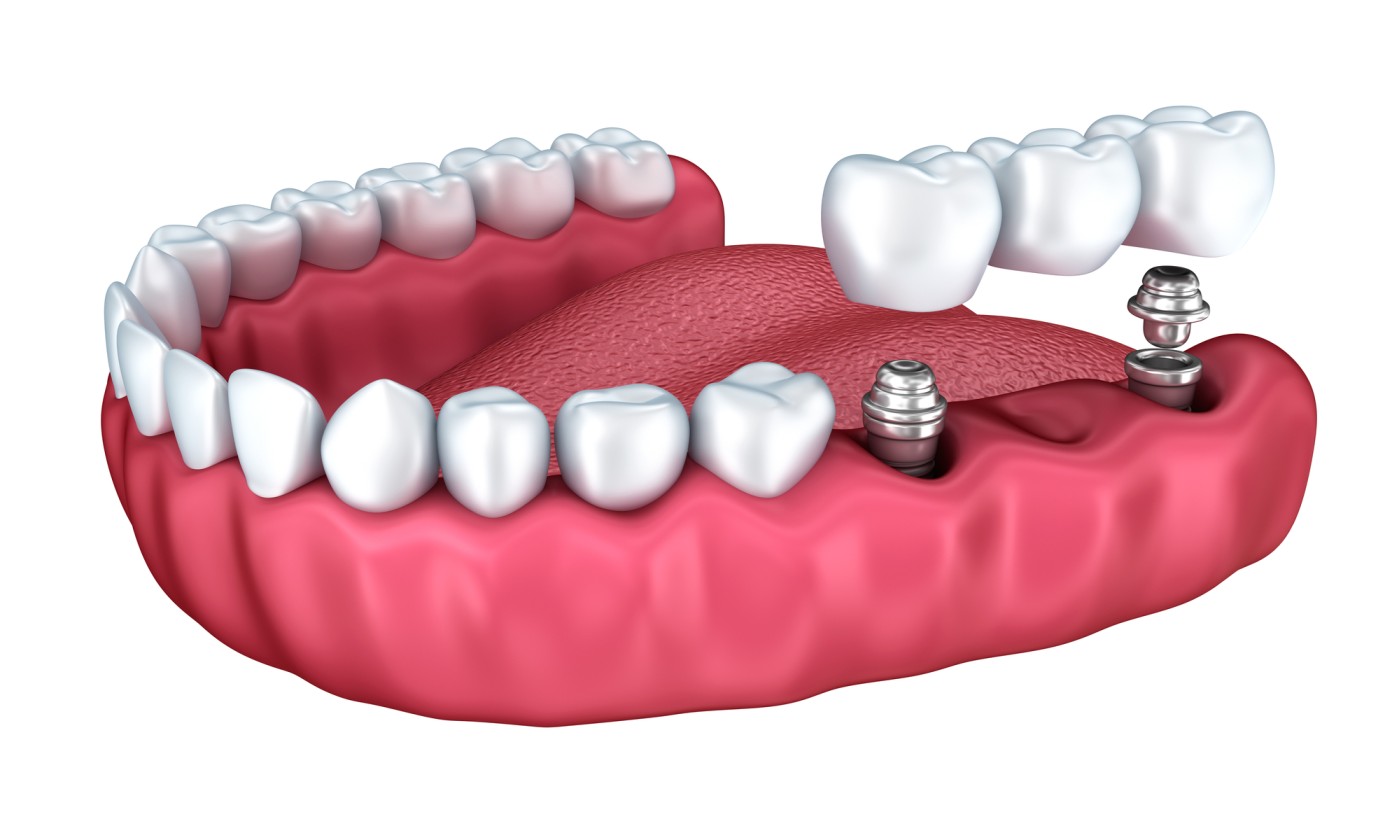Book an Appointment
If you are looking for a dentist in Ipswich, The Dental Practice Ipswich would love to hear from you.
Crowns

Dental Crowns Treatment in Ipswich
At our Ipswich clinic, we offer high-quality dental crowns to restore damaged or weakened teeth. Crowns provide a durable and natural-looking solution to protect your tooth, improve its appearance, and restore its function. Whether you’ve experienced a large cavity, cracked tooth, or wear and tear, our experienced team will ensure a comfortable, customized treatment. We use advanced materials for a perfect fit that blends seamlessly with your natural teeth. If you need a dental crown, schedule a consultation with us today to restore your smile and maintain your oral health!
A crown is like a protective covering on a tooth. This covering or crown can be required if a tooth has had a root canal treatment, was weakened due to large fillings, or fractured tooth. Sometimes a crown can be required to treat severely worn teeth. The tooth that needs the crown is prepared and an impression is taken. A few days later a permanent crown is cemented in the mouth after necessary trials are complete.
What are Porcelain Crowns?
A crown sometimes referred to as cap are a covering that encases the entire tooth surface .It is also a single tooth restoring it to its original shape and size. Although there are several types of crowns, porcelain (tooth coloured crown) are the most popular, because they resemble your natural teeth. Most crowns are made in dental laboratory.
Porcelain crowns are made to match the shape, size, and colour or your teeth giving you a natural, long-lasting beautiful smile.They are highly durable and will last many years, but like most dental restorations, they may eventually need to be replaced.
Reasons for crowns.
A crown protects and strengthens tooth structure that cannot be restored with fillings or other types of restorations.
- Broken or fractured teeth
- Cosmetic enhancement
- Decayed teeth that have destroyed majority of tooth structure.
- Fractured fillings
- Large fillings
- Tooth has a root canal
Treatment.
This will take 2 appointments, in the first appointment the tooth will be prepared for the crown, impressions will be taken and a temporary crown will be cemented to your tooth with a temporary cement while the impressions are sent to the lab to have the crown made. Generally 2 weeks later at the second visit the temporary crown will be removed and the permanent crown will be cemented with a permanent cement.
Dental Crowns FAQs
1. What is a dental crown?
A dental crown is a custom-made cap that covers a damaged or decayed tooth, restoring its shape, size, strength, and appearance. Crowns can be made from various materials, including porcelain, ceramic, metal, or a combination of materials.
2. Why might I need a dental crown?
You might need a dental crown for several reasons:
- To protect a weak tooth from breaking or to hold parts of a cracked tooth together
- To restore an already broken or severely worn-down tooth
- To cover and support a tooth with a large filling when there isn’t much tooth left
- To hold a dental bridge in place
- To cover misshapen or severely discolored teeth
- To cover a dental implant
- To make a cosmetic modification
3. What are dental crowns made of?
Dental crowns can be made from various materials, including:
- Porcelain/Ceramic: Tooth-colored and aesthetically pleasing, ideal for front teeth.
- Metal: Gold or other metal alloys, very durable and suitable for back teeth.
- Porcelain-fused-to-metal: Offers a natural look with added strength.
- Zirconia: Extremely durable and tooth-colored, suitable for both front and back teeth.
4. How is a dental crown placed?
The process of placing a dental crown typically involves two visits:
- First Visit: The dentist prepares the tooth by removing any decay and shaping the tooth to fit the crown. An impression of the tooth is taken to create the custom crown. A temporary crown is placed to protect the tooth.
- Second Visit: The temporary crown is removed, and the permanent crown is fitted and bonded to the tooth. Adjustments are made to ensure a proper fit and bite.
5. How long do dental crowns last?
With proper care, dental crowns can last 10-15 years or longer. Factors affecting their longevity include oral hygiene practices, the material of the crown, and the amount of wear and tear the crown is subjected to.
6. How should I care for my dental crown?
Caring for a dental crown involves:
- Brushing and flossing regularly to maintain good oral hygiene
- Avoiding hard or sticky foods that can damage the crown
- Visiting your dentist for regular check-ups and cleanings
- Using a night guard if you grind your teeth
7. Are there any risks or complications with dental crowns?
While dental crowns are generally safe and effective, potential risks or complications include:
- Sensitivity to hot or cold temperatures, especially right after the crown is placed. If the original caries was deep or if the tooth had heavy fillings before the crown, the risk of this tooth needing RCT will increase. Such risks are discussed in detail.
- Discomfort or pain if the crown is not fitted properly
- Chipping or breaking of the crown, especially with porcelain crowns
- Loosening of the crown over time
- Allergic reactions to the materials used (rare)
8. Can a crowned tooth get a cavity?
While the crown itself cannot get a cavity, the tooth underneath it can still develop decay, especially at the margin where the crown meets the natural tooth. Maintaining good oral hygiene is essential to prevent cavities.
9. What should I do if my crown falls off or gets damaged?
If your crown falls off or gets damaged, contact your dentist immediately. Avoid chewing on the affected side and keep the area clean. Your dentist will advise you on the next steps, which may involve re-cementing the crown or making a new one.
10. Can dental crowns be whitened?
No, dental crowns cannot be whitened with traditional teeth whitening methods. If you are considering teeth whitening, it’s best to do so before getting a crown so that the crown can be matched to your newly whitened teeth.
11. How much do dental crowns cost?
The cost of dental crowns varies based on the material used and the complexity of the procedure. During your consultation, we will provide a detailed cost estimate and discuss payment options and insurance coverage.
12. What are the alternatives to dental crowns?
Alternatives to dental crowns include:
- Dental veneers: Thin shells placed over the front surface of teeth, suitable for cosmetic improvements.
- Inlays/Onlays: Partial crowns that cover only a portion of the tooth.
- Dental bonding: composite resin can be used in this case.
